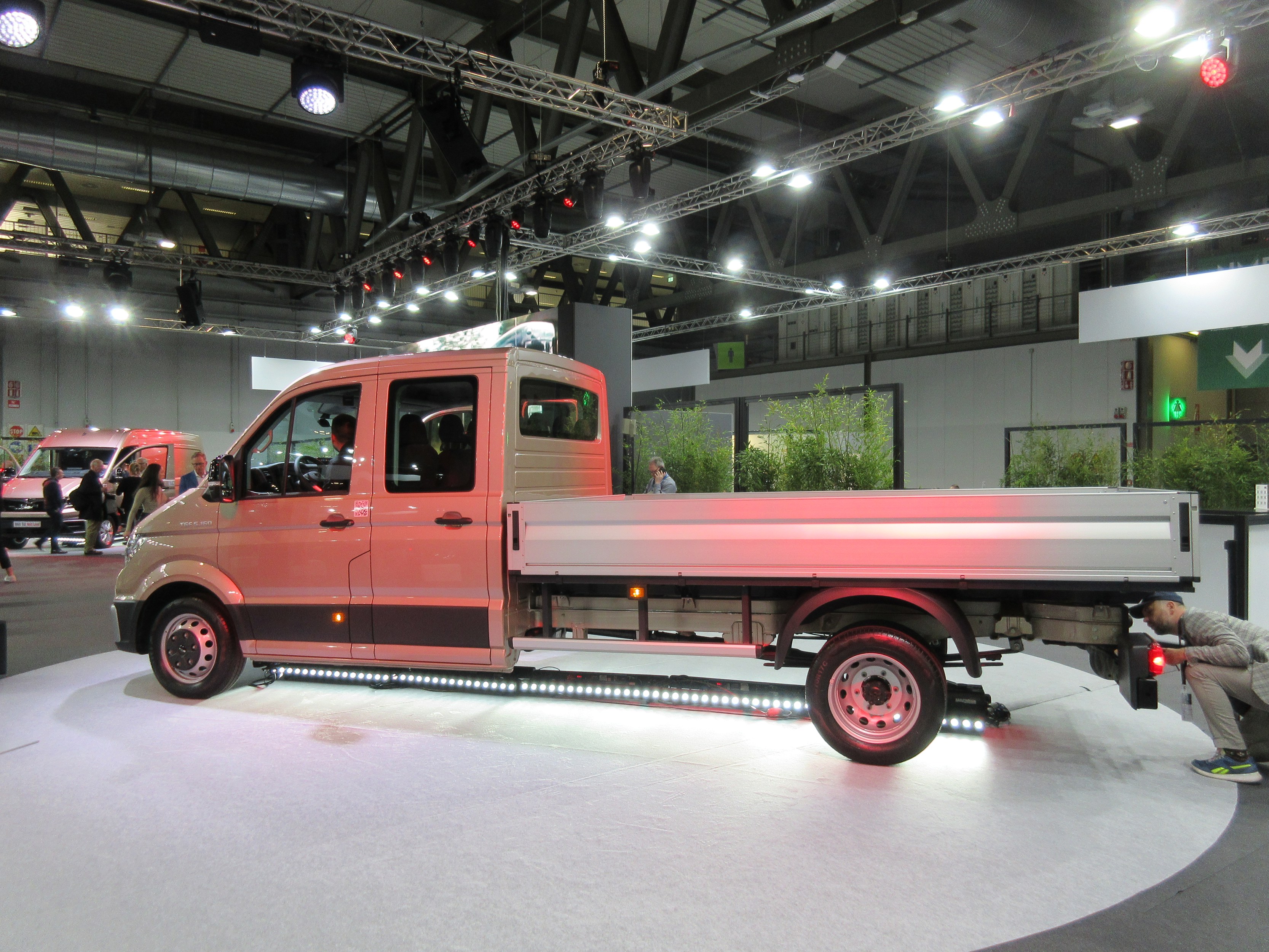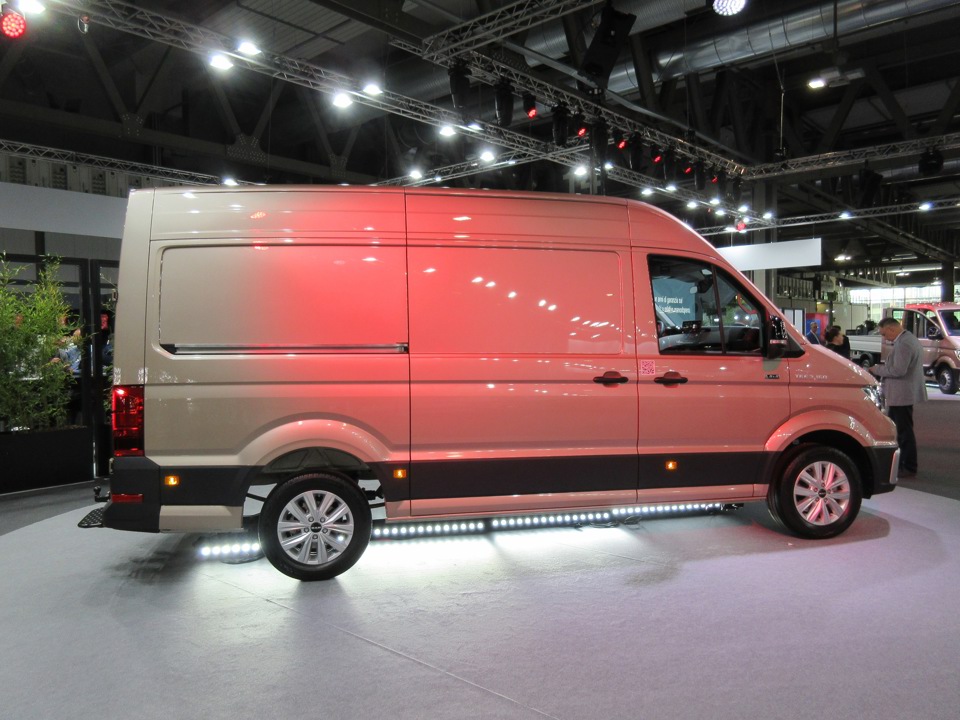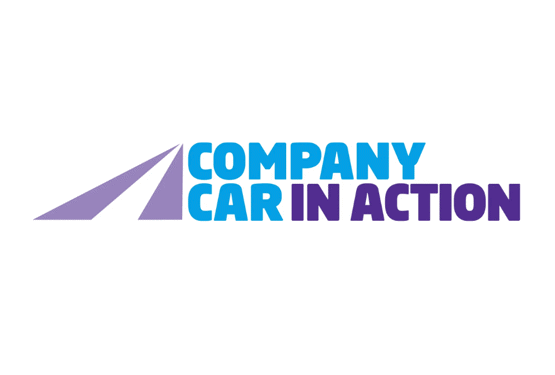Compliance with new regulations governing vehicles and cybersecurity is one of the key benefits of the latest version of MAN’s TGE light commercial, according to global head of van sales, Daniel Holbein.
“We need to protect our vans against being hacked,” he said.
Among the requirements of UNECE (United Nations Economic Commission for Europe) R155 and R156 are the need for manufacturers to demonstrate to an authorised third-party auditor that their vehicle’s software and related infrastructure have gone through demanding cybersecurity measures during development and post-production.
They apply in all UNECE regulated markets, including the UK, and will affect all vehicles produced in volume from July of this year onwards.
Vans increasingly receive over-the-air updates and generate large amounts of data points out Martin Johannes Imhoff, MAN’s worldwide head of van product marketing and management.
“Facilities such as the emergency call function in effect create an open gate for bad actors so they have to be properly protected,” he observes.
Failure to do so can result in criminals tracking a van, taking control of it remotely. bringing it to a halt then stealing its cargo, he warns.
Holbein and Imhoff were speaking at the global launch of the new TGE at the Transpotec Logitec transport show in Milan, Italy. UK fleets should take delivery of the first examples in late July/early August.

Derived like its predecessor from VW’s Crafter, the newcomer is replete with a host of new and revised driver assistance systems, many of which are now fitted as standard.
The dashboard has been redesigned with digital instrumentation and a large touchscreen which controls many of the vehicle’s functions.
New to TGE as standard features are keyless ignition and an electronic parking brake.
Power comes courtesy of a 2.0-litre diesel offered at 140hp, 163hp or 177hp with the choice of either a manual or an eight-speed automatic transmission. No electric version is being produced this time around, however.
Holbein argues that this is not as big a drawback as it appears to be at first sight, although many fleet customers might disagree.
“The market isn’t going electric as quickly as we thought it would two years ago,” he said. “If anything demand for electric models is slowing down.”
Many businesses are wary about going electric because of the holes in the charging infrastructure, he contends. Improvements will need to be made before policies alter.
“I think the market will eventually turn to electric models,” he added. “The question is when.”
A new electric TGE looks unlikely to appear until 2028 when VW is scheduled to introduce an all-electric Crafter based on its SSP Platform.
While a new battery-powered TGE could appear in four years’ time, one equipped with a hydrogen fuel cell is a long way off Holbein says, if it ever arrives at all.
“As things stand the technology costs too much and it’s too complex,” he said. “Maybe in 2035?”
He is more positive about the arrival of self-driving TGEs however, possibly as big city people carriers. MAN has recently started trialling autonomous trucks on German motorways.


















Login to comment
Comments
No comments have been made yet.